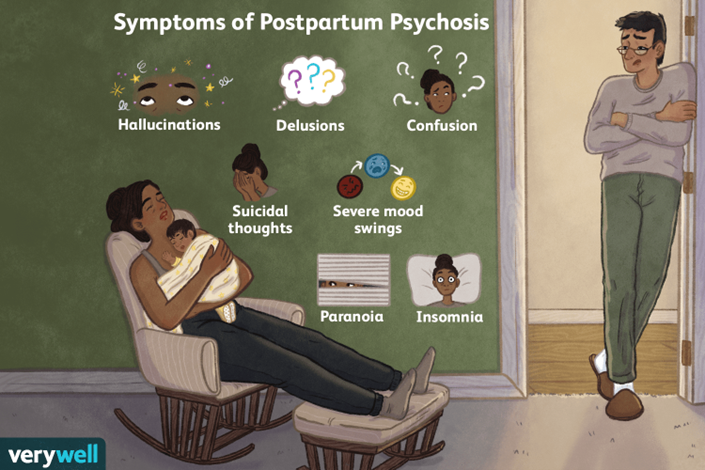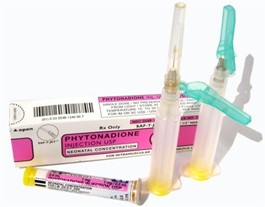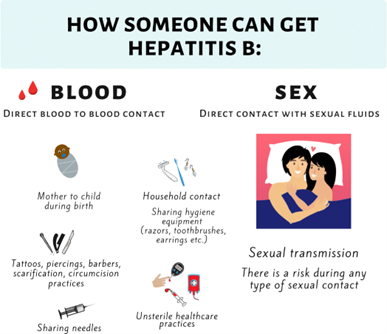A client who is 2-weeks postpartum presents with feelings of irritability, severe mood swings, and an irrational sense of her ability to keep her infant safe. She believes the infant is going to die, and there is nothing she can do to save her baby. The practical nurse (PN) should recognize the client may be exhibiting symptoms of which condition?
Postpartum depression.
Postpartum blues.
Postpartum dysphoria.
Postpartum psychosis.
The Correct Answer is D
The practical nurse (PN) should recognize that the client who is 2-weeks postpartum and presents with feelings of irritability, severe mood swings, and an irrational sense of her ability to keep her infant safe may be exhibiting symptoms of postpartum psychosis. Postpartum psychosis is a rare but serious condition that can develop after childbirth and is characterized by symptoms such as delusions, hallucinations, and severe mood swings. The client's belief that her infant is going to die and that there is nothing she can do to save her baby may indicate the presence of delusions. The PN should report these symptoms to the appropriate healthcare provider for further assessment and intervention.

Nursing Test Bank
Naxlex Comprehensive Predictor Exams
Related Questions
Correct Answer is A
Explanation
The screening test that should be scheduled for a client who is gravida 4 para 3 at 16-weeks gestation is **Maternal serum alpha-feto protein (MSAFP)**. Second trimester prenatal screening may include several blood tests, called multiple markers. These markers provide information about a woman's risk of having a baby with certain genetic conditions or birth defects. Screening is usually done by taking a sample of the mother's blood between the 15th and 20th weeks of pregnancy (16th to 18th is ideal)².

Correct Answer is D
Explanation
The best response for the PN to provide is that **an immunization may be administered for hepatitis B, and a consent form must be signed**. Phytonadione is a form of vitamin K that is given to newborns to prevent vitamin K deficiency bleeding (VKDB)¹. Vitamin K should be administered to all newborn infants weighing>1500 g as a single, intramuscular dose of 1 mg within 6 hours of birth¹. However, this is not the only injection your baby may receive while in the newborn nursery. An immunization for hepatitis B may also be administered before you can go home⁴.


Whether you are a student looking to ace your exams or a practicing nurse seeking to enhance your expertise , our nursing education contents will empower you with the confidence and competence to make a difference in the lives of patients and become a respected leader in the healthcare field.
Visit Naxlex, invest in your future and unlock endless possibilities with our unparalleled nursing education contents today
Report Wrong Answer on the Current Question
Do you disagree with the answer? If yes, what is your expected answer? Explain.
Kindly be descriptive with the issue you are facing.
